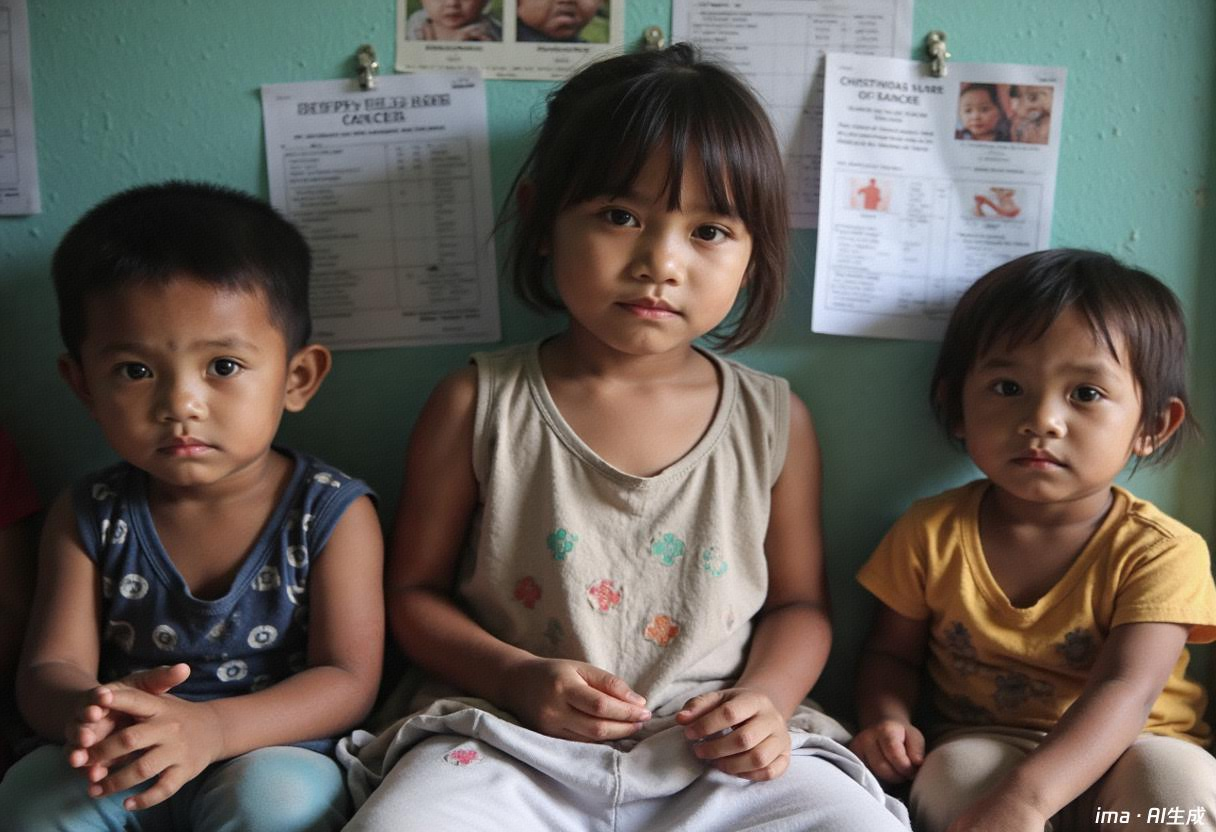"The Miracle Drug" Is Not So Miraculous: This Type of Painkiller Should Never Be Used for Children!
"The Miracle Drug" Is Not So Miraculous: This Type of Painkiller Should Never Be Used for Children!
Published by: Sunflower Children
Author: Guo Yanru
Editor: Wuxiu
Date: May 26, 2023
Many cancer patients or their families often ask doctors for what they believe to be the miracle painkiller, Dilaudid, thinking it is the best drug for pain relief. However, the reality is quite different. In the eyes of doctors, Dilaudid is like a "good father," but it has a "bad son." Today, we will reveal the truth behind this love-hate relationship between the "father" and "son."
"Good Father" Is Not So Good After All
First, let's talk about the "good father," which is pethidine hydrochloride, commonly known as Dilaudid. This is a well-known painkiller among many parents and has a long history of use in our country.
What many people don’t know is that the true nature of this "father" is not as kind as it seems.
Dilaudid is a synthetic opioid analgesic, with a pain-relief efficacy that is only one-tenth that of morphine. Its duration of action is relatively short and it has no cough-suppressing effect. It also has the following disadvantages:
1. Dilaudid itself can be irritating; repeated muscle injections can create hard lumps at the injection site, affecting drug absorption and causing significant pain.
2. Continuous use can lead to tolerance and physical dependence; as the pain relief diminishes, patients may still crave the medication, leading to rapid addiction.
3. The oral absorption of Dilaudid is erratic, making it difficult to achieve a stable and effective drug concentration, which is not conducive to stable pain control.
4. The duration of action for Dilaudid is quite short, lasting about 2-4 hours.
5. Most importantly, after intramuscular injection, blood and brain concentrations of Dilaudid can rise rapidly, leading to a "floating" sensation. Compared to morphine injections, Dilaudid is actually more likely to lead to quick addiction.
It is evident that Dilaudid has significant drawbacks when used for cancer pain treatment, including its short duration of action, unstable blood concentration, rapid tolerance, local injection pain, and uncertain absorption. For this reason, the government has long issued guidelines stating that Dilaudid should only be used for short-term acute pain and is prohibited for chronic pain and cancer pain that requires long-term continuous use.
Therefore, both healthcare professionals and parents of children should have a clear understanding of this and should not use this medication to relieve pain in cancer patients.
"Bad Son" Is Very Dangerous!
The "bad son" refers to norpethidine, which is the metabolic product of pethidine hydrochloride (Dilaudid).
Norpethidine is a metabolic product that has toxic effects on the central nervous system. Its pain relief efficacy is only half that of Dilaudid, yet its neurotoxic effect is twice as potent, and it is expelled from the body about ten times slower than Dilaudid.
Repeated high-dose use or continuous infusion will inevitably lead to the accumulation of norpethidine in the patient's body (especially in patients with renal insufficiency), causing symptoms of neurotoxicity such as tremors, seizures, myoclonus, and epileptic fits.
In recent years, as our understanding of this drug has deepened, the misuse of Dilaudid has been brought under control. However, in primary healthcare institutions or some non-pain specialty practices, some doctors still prescribe this medication for cancer pain patients, and we need to work together to eliminate this misconception.
So, I want to emphasize again: The traditional "miracle drug" Dilaudid can easily lead to rapid addiction and causes toxicity to the central nervous system, renal toxicity, and local injection site pain, making it contraindicated for cancer pain!
At this point, let’s join Dr. Guo in repeating: Dilaudid should not be used for cancer pain!
In the coming weeks, we will continue to publish articles on opioid medications that are not recommended for treating cancer pain in children, helping parents better navigate the pitfalls and support their children's recovery.
Is there any other pain medication for children that you would like to know more about? Feel free to discuss in the comments! The reader who leaves the most liked comment will receive a copy of the book "No Pain, No Joy—Advice from Pain Management Experts," co-authored by Director Guo!
Book Introduction: As human life expectancy increases, issues surrounding pain continue to grow. To help people better understand pain, multiple experts have compiled their years of clinical experience into this comprehensive and easy-to-understand guide, detailing the basics of pain, diagnosis, treatment, and care, making it suitable for pain sufferers or their families.
Column Author | Guo Yanru
Deputy Chief Physician, Palliative Care Department, Cangzhou People's Hospital, Hebei Province
Editor | Zuo Jia, Xia Yu
Layout | Xia Yu
Proofreading | A Dou Dou
Search
Related Articles

Relaxation Therapy & Peace Care
Jul 03, 2025

Rare Childhood Tumour
Jul 03, 2025

Inflammatory Myofibroblastoma
Jul 03, 2025

Langerhans Cell Histiocytosis
Jul 03, 2025

Angeioma
Jul 03, 2025